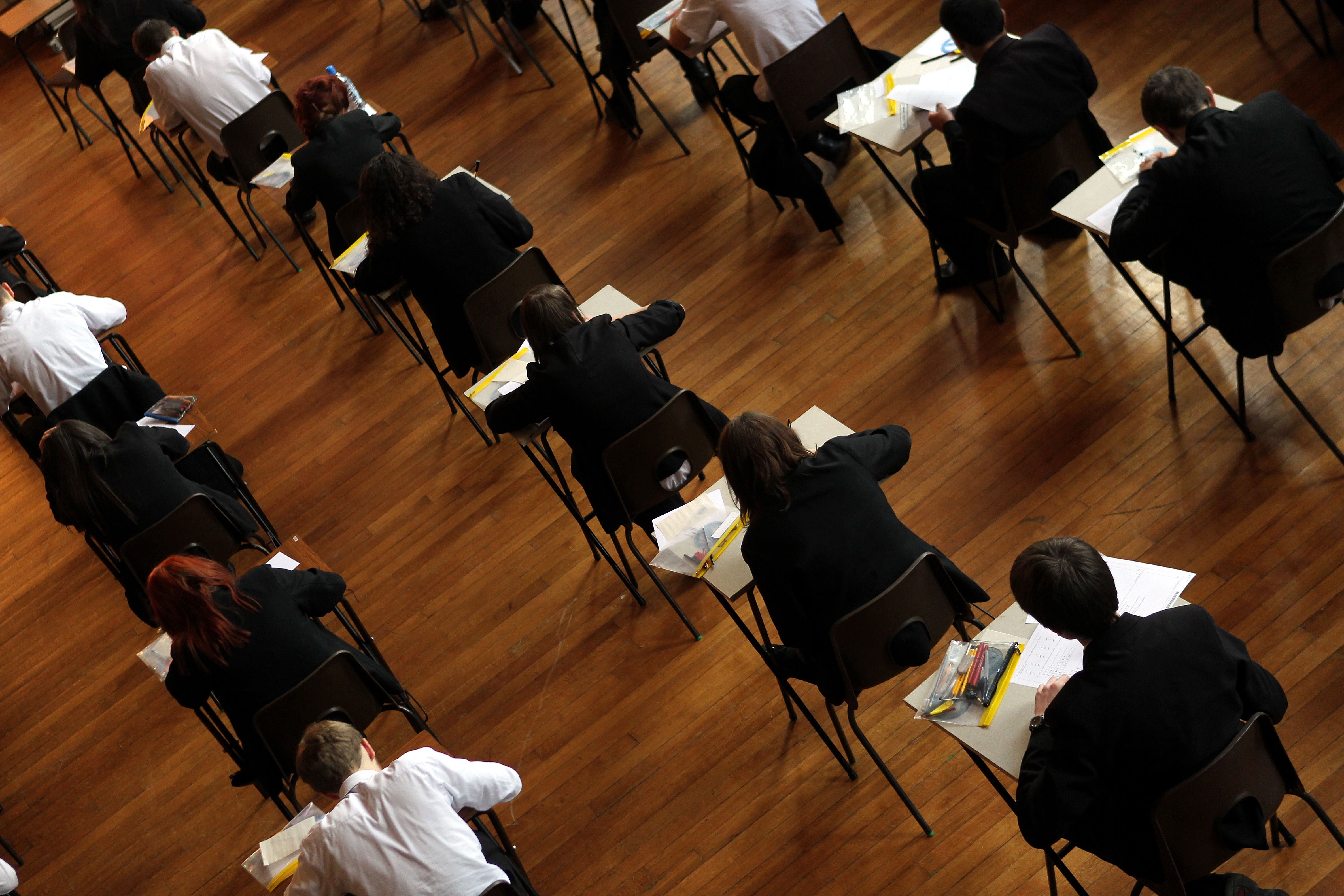Scotland’s education study figures decline amid ‘profound’ Covid-19 impact
The 2022 Programme for International Student Assessment (Pisa) showed Scotland’s reading level was above OECD average.

Your support helps us to tell the story
From reproductive rights to climate change to Big Tech, The Independent is on the ground when the story is developing. Whether it's investigating the financials of Elon Musk's pro-Trump PAC or producing our latest documentary, 'The A Word', which shines a light on the American women fighting for reproductive rights, we know how important it is to parse out the facts from the messaging.
At such a critical moment in US history, we need reporters on the ground. Your donation allows us to keep sending journalists to speak to both sides of the story.
The Independent is trusted by Americans across the entire political spectrum. And unlike many other quality news outlets, we choose not to lock Americans out of our reporting and analysis with paywalls. We believe quality journalism should be available to everyone, paid for by those who can afford it.
Your support makes all the difference.Scotland’s performance in a global education study has fallen slightly following the “profound impact of the Covid-19 pandemic”.
Education Secretary Jenny Gilruth said the country has maintained its international standing in the 2022 Programme for International Student Assessment (Pisa) study of maths, reading and science.
It comes as the Organisation for Economic Co-operation and Development (OECD) published the latest rankings, which compares the performance of 81 countries in key education outcomes.
Scotland’s average reading score was 493 – higher than the OECD average of 472 points and higher than 24 other nations.
In two decades of Pisa tests, the OECD average score has never changed by more than four points in mathematics or five points in reading between consecutive assessment
However, it has fallen 11 points from the country’s 2018 score of 504.
Across the UK, Scotland ranks second for reading, slightly behind England’s 496 score.
For maths and science, Scotland fell slightly below the OECD average, scoring 471 and 483 respectively. It is the second consecutive decline, falling further on the 2018 ranking of 489 and 490.
Scotland placed third across the UK on the two subjects, notably behind England’s 492 in maths and 503 in science, with only Wales scoring less on 466 and 473.
The OECD average for 2022 was 472 in maths and 485 in science.
Around 3,300 Scottish 15-year-olds were assessed, with a full breakdown of figures expected later.
Ms Gilruth said the Scottish Government and local authority body Cosla will have “key learning” from the report.
However, the report notes the latest results are “unprecedented” across the board, with the average OECD performance falling by 15 points in maths and 10 in reading.
The report said: “In two decades of Pisa tests, the OECD average score has never changed by more than four points in mathematics or five points in reading between consecutive assessments.
“This is what makes 2022 Pisa results so unique. The dramatic fall in performance suggests a negative shock affecting many countries at the same time Covid-19 would appear to be an obvious factor.”
Ms Gilruth said: “As is well understood, the Covid-19 pandemic has had a profound impact on our young people and their experience of learning and teaching.
“Whilst every country in the UK has seen a reduction in its Pisa scores across maths and reading between 2018 and 2022, there will be key learning for the Scottish Government and Cosla to address jointly in responding.
“Since Pisa was constructed, wider evidence from both the 2023 national qualification results and the most recent literacy and numeracy data for primary show clear evidence of an ongoing recovery which we are determined to build on.
“Our participation in Pisa provides valuable information to support educational improvement; this will be further strengthened by our decision earlier this year to rejoin the trends in international mathematics and science (Tims) and progress in international reading literacy studies (PIRLs).”